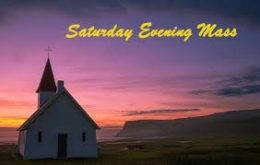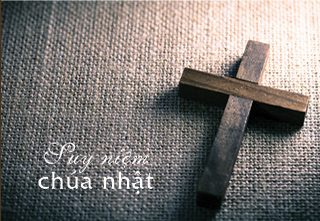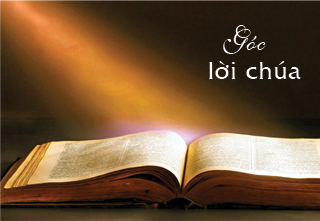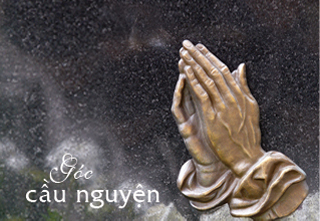
MASSES ON SATURDAY EVENINGS
ZENIT, FEBRUARY 7, 2018
Answered by Legionary of Christ Father Edward McNamara, professor of liturgy and dean of theology at the Regina Apostolorum university.
Q: Kindly clarify whether a Mass celebrated on a Saturday evening (say, at or after 6 p.m.) in Ordinary Time must be that of the Sunday, or is there the option of celebrating the Saturday Mass or a votive Mass of the Virgin Mary? — R.H., Jos, Nigeria
A: Actually, the best reply I can offer is, it all depends on where you are.
With respect to this theme canon law says the following:
“Canon 1247. On Sundays and other holy days of obligation, the faithful are obliged to participate in the Mass. Moreover, they are to abstain from those works and affairs which hinder the worship to be rendered to God, the joy proper to the Lord’s day, or the suitable relaxation of mind and body.
“Canon 1248 §1. A person who assists at a Mass celebrated anywhere in a Catholic rite either on the feast day itself or in the evening of the preceding day satisfies the obligation of participating in the Mass.”
There are two distinct, albeit related, questions. One regards the Mass formula to be used on Saturday evening, the second the time when a celebration covers the Sunday precept.
With respect to the first question, according to Canon 1248.1 any Catholic Mass celebrated on a Saturday evening would fulfill the Sunday obligation even if it were not the actual Sunday liturgy.
Thus, if one attends a Saturday evening Mass in the extraordinary form or an Eastern Catholic liturgy, this fulfills the Sunday obligation even though the celebration follows a different liturgical calendar.
Also, if one assists at a wedding or funeral on Saturday evening, one would not be obliged to attend Sunday Mass. If the Mass coincided with a regular parish Mass, then usually the Sunday liturgy would be followed. If the Mass did not coincide with a parish celebration, it would be most recommendable from the spiritual point of view to incorporate the elements of Sunday Mass such as three readings and the creed.
Likewise, the members of a religious community that habitually celebrates its daily Mass in the evening would not be obliged to celebrate the Sunday Mass twice and could celebrate the Mass of the day or a votive Mass of Our Lady. Canonically speaking, anybody attending this Mass would fulfill the obligation to attend Sunday Mass although most would not be aware of this fact and would attend Mass on a Sunday.
This is because universal liturgical law does not oblige the celebration of Sunday Mass on a Saturday evening, although in most cases it would be the right thing to do.
There are, however, some bishops’ conferences which have legislated on this subject so as to avoid conflicts and to ensure that the majority of the faithful benefit from the full treasure of the Sunday liturgy.
These are usually countries where a common national rule was deemed necessary since they have an abundance of convents, monasteries, shrines and other chapels with regular Masses with a wide variety of practice.
In countries where there is no national rule each bishop could decide what is best and could decree binding rules for his diocese. The bishop can also dispense in concrete cases from the general rule.
In Italy, for example, the bishops’ conference has decreed that all Saturday evening Masses must be the Masses of the Sunday. In the norms it states that if it is necessary to celebrate weddings and funerals, they should preferably begin no later than around 3 p.m.
Should celebration in the early evening prove impossible, the general liturgical norms for ritual Masses celebrated on Saturday evening would apply. The possibility of celebrating these ritual Masses would depend on the liturgical season, and in all cases the elements proper to Sunday Mass would be included.
This is because in Italy the time when the Mass would begin to fulfill the Sunday obligation would usually be after 4 p.m. Canonists are divided on this topic, and some argue that any Mass after noon would be sufficient.
All agree, however, that bishops have the authority to validly establish either option.
In Spain the norms are even stricter. All Masses after noon on Saturday must be the Sunday Mass, although allowing for ritual Masses according to the general rules.
Indeed, to comply with this norm, several religious communities that celebrate daily evening Mass now make an exception on Saturday and have Mass in the morning.
Where no explicit rule exists, I think that as a general pastoral rule all public Masses celebrated after 4 p.m. should be Sunday Masses.
There could be precise exceptions, such as the daily celebrations in religious communities that are not open to the faithful in general, or a priest who celebrates alone or with one minister due to a just cause such as travel or illness.
In such cases the daily Mass may be celebrated.



